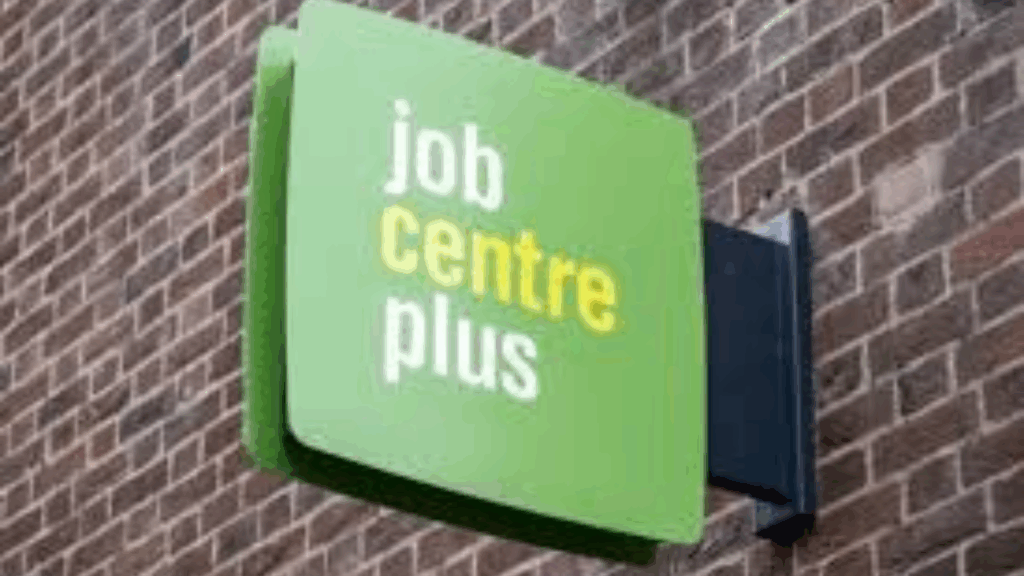The Department for Work and Pensions (DWP) has issued a critical alert to anyone currently seeking new employment or receiving legacy benefits in the UK. If you’re actively job hunting or relying on state support like Tax Credits, Income Support, or Housing Benefit, it’s essential to understand the latest changes to the benefits system or risk losing your payments entirely.
With the government speeding up its rollout of Universal Credit, many households are now being contacted directly with instructions to switch over. But ignoring this notice or delaying your response could have serious financial consequences.
What’s Happening: The Shift to Universal Credit
The DWP is continuing its “managed migration” plan, which involves moving all existing claimants off older benefits like:
- Working Tax Credit
- Child Tax Credit
- Income Support
- Housing Benefit
- Income-based Jobseeker’s Allowance (JSA)
- Income-related Employment and Support Allowance (ESA)
These will all be fully replaced by Universal Credit by March 2026, a deadline that was recently brought forward from 2029. The goal is to streamline the welfare system, but the transition comes with strict rules and risks for claimants who don’t act in time.
The Warning: 3-Month Deadline or Lose Benefits
If you’re currently receiving any of the legacy benefits mentioned above, you’ll eventually receive a “migration notice” letter from the DWP. This letter is not optional—it’s a direct instruction.
Once you receive the notice, you have just 3 months to apply for Universal Credit. If you don’t, your existing benefits will be terminated.
This is not a rare occurrence. In fact, as of early 2025, over 380,000 claimants have already lost their benefits simply for not responding.

Who Is Getting Letters Now?
Right now, the DWP is sending out roughly 83,000 letters every month, and the focus is shifting to the most vulnerable. This includes claimants receiving:
- Employment and Support Allowance (ESA)
- Housing Benefit
The DWP has confirmed that all ESA claimants will be contacted by September 2025, giving them only a limited window to respond before benefits are cut off.
Transitional Protection: A Lifeline But Only If You Act Fast
The government has offered a safety net called “transitional protection” to help ensure that no one sees an immediate drop in income after switching to Universal Credit.
However, this top-up is only available if you switch when you receive your official migration letter. If you voluntarily switch before being asked or miss the 3-month deadline you won’t qualify for this support.
This financial top-up is especially important for those who might receive less under Universal Credit than they did under legacy benefits.
How to Prepare: 3 Steps You Must Take
If you’re worried about being impacted or just want to stay prepared here are three practical steps:
1. Check Your Post Carefully
Make sure you’re not accidentally tossing out important mail from the DWP. These letters may look like ordinary correspondence but contain crucial deadlines.
2. Use a Benefits Calculator
Before applying, you can estimate how your payments might change using free online calculators such as:
These tools can help you assess your options and prepare for the transition.
3. Get Free Support from Experts
If you’re confused or unsure how to claim, the DWP has partnered with Citizens Advice to help people through the process via the “Help to Claim” service. This includes guidance over the phone, online, or in person.
Why This Matters for Job Seekers
If you’re currently job hunting and receiving benefits, these changes may affect you sooner than you think. As you move in and out of employment or start part-time gigs, the shift to Universal Credit may be triggered especially if your income changes.
Universal Credit is designed to adjust automatically with your earnings, but it also means your old benefits will no longer be available once you move over.
Failing to respond to DWP communications or not understanding how these changes apply could leave you temporarily or permanently out of pocket.
Final Thoughts
This isn’t just another bureaucratic update. The DWP’s managed migration effort is moving quickly, and it’s crucial that benefit recipients pay attention and act within the timeframes.





